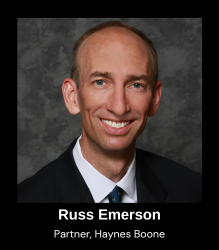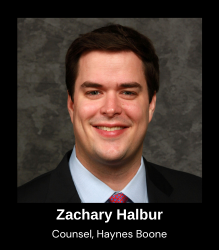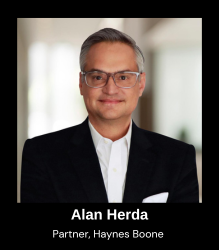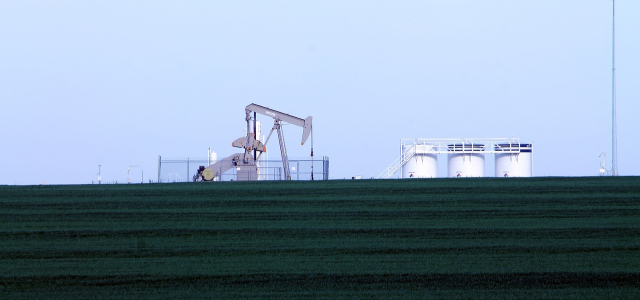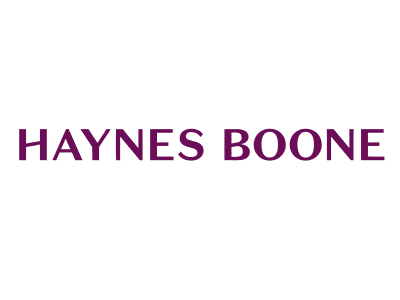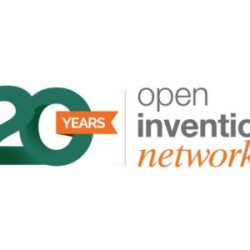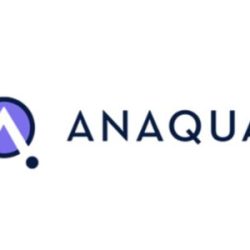The successful combination of hydraulic fracturing (or “frac”) technology with horizontal drilling dramatically increases production in tight-rock petroleum reservoirs and has resulted in a decades-long “shale revolution” in the United States.
Frac technology has evolved over the years, and this evolution has led to an unprecedented run up in the domestic production of oil and natural gas. Indeed, in 2022, tight-oil resources in the US produced about 2.84 billion barrels (or about 7.79 million barrels per day) of crude oil, amounting to about 66% of total US crude oil production, according to estimates from the US Energy Information Administration (“EIA”). The shale revolution continues today, as US shale operators seek out more and more innovations for efficiency and productivity gains, many of which relate to surface operations.
One of the latest innovations, dubbed “continuous pumping,” enables hydraulic fracturing pressure pumps to run continuously, avoiding the need to shut down the pumps between frac stages on multi-well stimulations.
As the pioneer of continuous pumping technology, Downing Wellhead Equipment, of Oklahoma City, Oklahoma, is the industry leader, offering its flagship Freedom Series (“FS”) Completion System. The FS Completion System controls pumping operations for multi-well stimulations, and includes Downing’s patented continuous pumping technology, which eliminates transition times between frac stages, enabling 24 hours-per-day/seven days-per-week continuous pumping to frac stage after stage. As of this writing, Downing’s continuous pumping patents include US Patent Nos. 11,401,779 and 11,560,770, each of which is entitled “Hydraulic Fracturing Plan and Execution of Same.”
To protect its continuous pumping patents, Downing has filed a patent infringement lawsuit in Colorado against Intelligent Wellhead Systems (“IWS”), which lawsuit is styled as Downing Wellhead Equipment, LLC v. Intelligent Wellhead Systems, Inc. et al., Case No. 1:23-cv-01180 (D. Colo. May 10, 2023). The lawsuit asserts infringement of both method and apparatus claims in each of Downing’s two continuous pumping patents. As set forth in the lawsuit, IWS’s inVision® Technology Platform manipulates valves as necessary to conduct hydraulic fracturing operations, more particularly pumping operations for such hydraulic fracturing operations.
Attempts to capitalize on the industry interest in continuous pumping and its advantages are not limited to IWS. For example, in an investor presentation dated March 2023 and filed with the US Securities and Exchange Commission (“SEC”), another company, Force Pressure Control of Seguin, Texas, highlighted its US Patent No. 11,585,200 (“the ’200 Patent”), which is entitled “Systems and Methods for Control of a Multichannel Fracturing Pump Connection.” In a slide of the investor presentation devoted to continuous pumping and the ’200 Patent, Force Pressure Control characterized the subject matter of the patent as “Disruptive Patented Technology for Continuous Frac,” touting the ability of the “[n]ew continuous frac system” to “reduce[ ] non-productive time and increase[ ] output, resulting in potential monetary savings for operations.”
Tim Marvel, who is the VP of Business Development and Technology for Downing’s parent company, SEF Energy of Oklahoma City, Oklahoma, commented on the IWS litigation and its broader significance for frac technology: “Downing’s continuous pumping patents give it a first mover advantage earned through years of sustained research and development, and have been appropriately awarded to the inventors at Downing for pioneering the technology that enables continuous pumping. Downing has chosen to seek business solutions with respect to its continuous pumping patents, or to enforce the patents when business solutions cannot be reached, at a time when this technology is producing an industry step change toward continuous pumping in multi-well frac stimulations.”
Representing Downing in both the procurement and enforcement of its continuous pumping patents is international law firm Haynes Boone, which has approximately 650 lawyers (spread over 19 offices) providing services in more than 40 major legal practices, including 100+ lawyers working in all aspects of intellectual property. The lead author of Downing’s continuous pumping patents is Haynes Boone attorney Zach Halbur, who is also the Co-Chair of the firm’s Frac Technologies Practice Group, which focuses on intellectual property matters, particularly patent and trade secret protection and enforcement matters, involving hydraulic fracturing and all related technologies and operations.
Written by Alan Herda, Partner, Russ Emerson, Partner and Zachary Halbur, Counsel, Haynes Boone.
